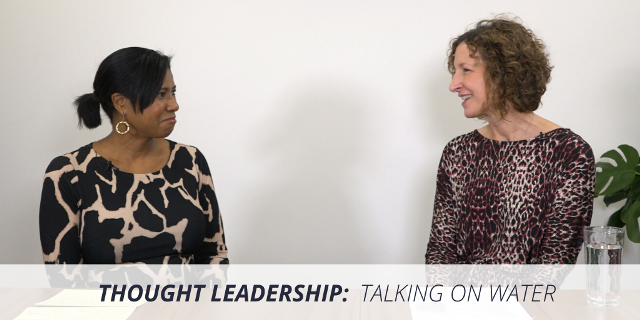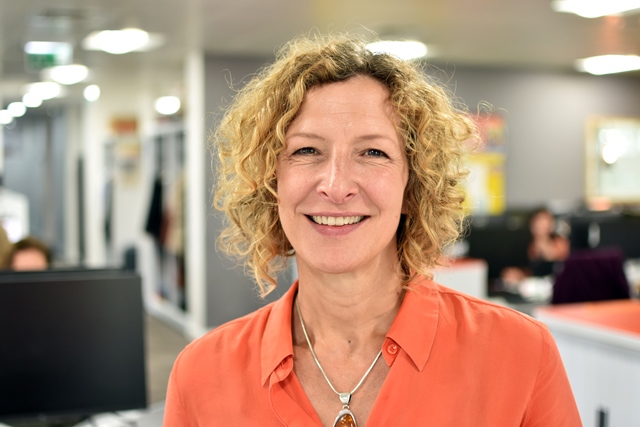Ofwat’s chief executive Rachel Fletcher urged members of the supply community to actively engage with water companies and be assertive to ensure their voices are heard ahead of the 2020-2025 investment period.
Addressing suppliers in a podcast interview with British Water chief executive Lila Thompson, Fletcher said:
“Please engage with companies on projects that interest you, where you think you’ve got value to bring. Be assertive in bringing forward your thoughts on innovation and how delivering the resilience and environmental improvement that is needed, and we’re asking customers to fund, can be done better, in a more cost-effective way and in a way that brings greater public health.”
Stressing that innovation “sits absolutely at the core” of Ofwat’s AMP7 strategy, Fletcher also highlighted the regulator’s desire to see a quicker roll-out of new technology to meet its stretching targets, while addressing key industry challenges, such as climate change and a growing population.
“We’d like to see much more pulling together of the various parties, so we see less duplication of innovation on the same issue, and we get that learning shared much more effectively. And critically, we move more quickly from testing and trialling into roll-out because it’s only once you get roll-out that customers and the environment benefit.”
The interview was part of British Water’s thought-leadership podcast series, Talking on Water, which features Thompson in conversation with a range of industry leaders, who so far have included:
Mark Fletcher, global water leader at Arup, who shared insights on the water market
Bryan Harvey, vice president, utilities, at Jacobs, who discussed what a more sustainable world would look like
Karma Loveday, editor of The Water Report, who spoke about social value and PR19 final determinations.
Thompson said:
“British Water is committed to leading the way in collaborative, innovative, future thinking. Talking on Water focuses on drawing out insight and knowledge from key influencers in the water community.
“The conversations focus on important and topical issues which are impacting our industry and are essential listening. They are in-depth but accessible and we’re pleased to have the platform to share them with a wider audience.”






